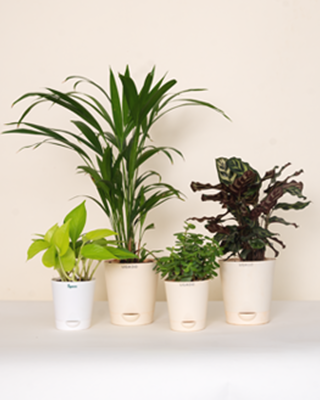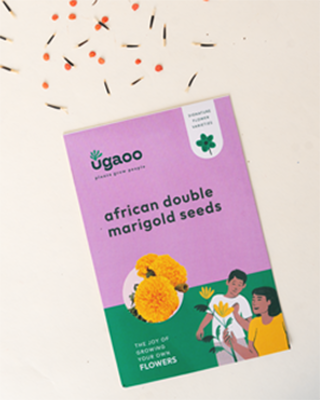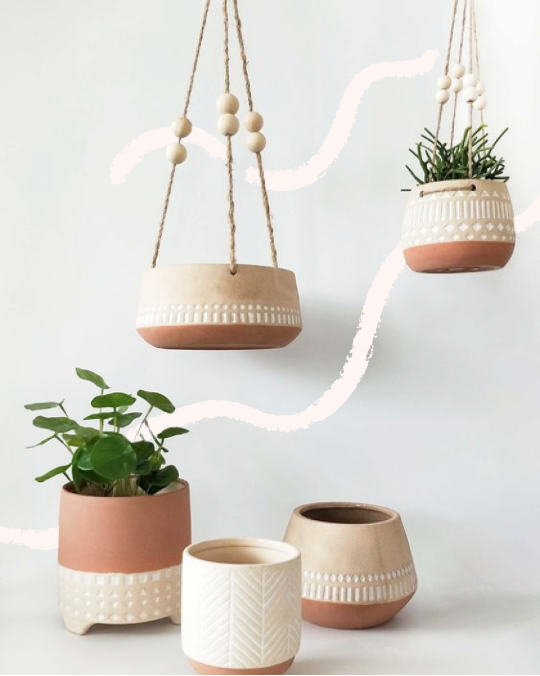There is a mention of Amaltas tree in both the ancient Indian epics Ramayana and Mahabharata.
About Amaltas tree:
- Habit: A medium-sized tree, up to 10 m tall, looks magnificent when in full bloom.
- Foliage: The Leaves are large and pinnately compound. The young leaves, coppery and red, remain folded and pendulous till fully grown.
- Flowering: During the hot weather (April-May) the tree becomes most conspicuous with its pendulous inflorescence of golden yellow, mildly scented flowers. The tree remains leafless at the commencement of flowering and the end of the flowering season; the leaves start to appear.
- Fruiting: After flowering is over, the long (30-45 cm) cylindrical pods appear, which become black on ripening.
- Growth rate: The tree is of slow growth and may take ten years to flower. Under favorable climatic conditions, it may flower in five years.

Propagation of Amaltas tree:
Amaltas Tree can be propagated by seeds. However, the percentage of seeds germination is poor.The Amaltas seeds are hard, and it is advised to put these in boiling water for five minutes before sowing. Seed sowing is done in monsoon season. Seedling is grown in a polybag for the first year, and it can be planted directly on the ground in the next monsoon season.
Pests and diseases:
Occasionally some caterpillars feed on the foliage and make the plant leafless. The half ate foliage ruins the beauty of this graceful tree. Caterpillars can be controlled by spraying insecticides.Uses of Amaltas as an ornamental flowering tree:
- According to the principles of landscaping, growth habit of Cassia fistula is oval, which makes it suitable for creating a frame or screen effect.
- Cassia fistula is one of the best ornamental flowering trees fit for town roads.
- Amaltas is suitable for the front row of the border planting in the campus of educational institutes like school, college or university.
- Cassia fistula is strongly recommended to be planted along railway stations, railway lines, bus terminus, airports etc.
- Also, this tree should be used in landscaping along the banks of rivers and canals.
- Amaltas (Golden yellow) can be altered along the avenues with Gulmohar (Orange-scarlet) and Jacaranda (Blue-mauve) as the flowering season of these trees synchronize with each other.

Amaltas wood:
It grows into a 30-14 feet tall tree with a trunk consisting of reddish wood. The wood is hard and heavy; it is used for cabinet, and inlay work. Wood is also used to make agricultural implements and tool handles.Medicinal uses of Amaltas:
Various medicinal uses of the Amaltas tree are mentioned in Ayurveda. The sweet blackish pulp of the ripened pod is used as a mild laxative to cure constipation. Read about Tree Saga - The Sita Ashoka TreeHybrids of Cassia fistula:
- Cassia alipurens has cream coloured flowers that resemble Cassia fistula
- Cassia atkinsiana is an intermediate hybrid between Cassia fistula and Cassia nodosa. The flower colour is mixed and this tree flowers throughout the rainy season.
- Rainbow Shower Tree is a hybrid between Amaltas (Cassia fistula) and Java cassia (Cassia javanica). It is a gorgeous tree having clusters of flowers with various colours.

Interesting fact:
In the forests of India, the ripened pods of Cassia fistula are a summer delicacy for wild animals. Sloth Bears, Monkeys, Jackals, and Wild Boars relish these black pods, which help in seed dispersal.Read more about Top 10 Beautiful Flowering Trees in India.
Let’s Ugaoo!
Click to Order- Tree Seeds
Vegetable Seeds Online
Online Flower Seeds














